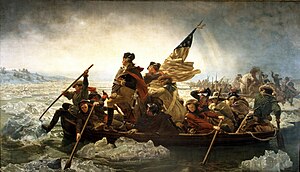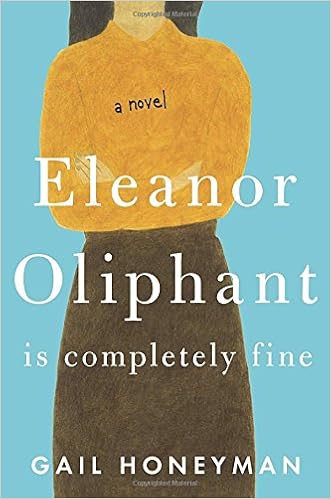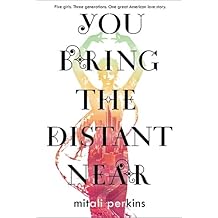The kids weren’t really bullying him. At least, he wasn’t taking it that way. The kids constantly put-down everyone like that, even themselves. Think of it as derogatory teasing:
You’re a wimp.
You’re such a baby.
Is that shirt your sister’s.
You have a face only your mother would love.
But today Paul couldn’t think of anything appropriate to respond. He wasn’t in the mood. So Paul shrugged off their teasing and turned the corner to go home. As he passed the bank, he did a double take. The shades were down. His mother is a teller in that bank and she told him that the shades being drawn meant that there’s a robbery going on. The employees were told not to go in and to call 911. Paul tried to look in. He didn’t want to call 911 for nothing. His friends would rag on him forever if he called the cops and the shades were down because they were being dusted or some other stupid reason.
But he did take out his phone and dial 911. A dispatcher answered. Paul said, “Hi, I think there’s a robbery going on in the Essex Street Branch of the Pelham Bank.”
“Who’s calling, please?”
“Ah, why do you want to know my name?”
“To verify your information.”
“Oh, OK. Paul Reardon.”
“Spell the last name, please.”
“Last name, please.”“My mother is in that bank. Can you hurry up?”
“How old are you?”
“What? Why?”
“You sound like a child.”
“Well, I am 12. Look we’re wasting time. Can’t you just send a police car, to check?”
“The police will be there momentarily.”
“Oh, ok, my last name is R-e-a-r-d-o-n. My address is 16 Granite Street.”
Just then he heard a lot of sirens. They were coming closer. Paul didn’t even bother to say “Goodbye;” he just shut off his cell.
His friends came running to him just as the police cars drove up. “What’s up?” Paul hoped there really was a robbery because he was going to be the target of all their jokes if he called the police for nothing.
“I think there’s a robbery going on.” Swarms of police came out of the squad cars. Some had pistols drawn.
“Get out of the way. Get out of the way. Make way. Keep back.”
When the cops opened the door and rushed in, Paul tried to see in. He looked first at his mother’s desk. His heart dropped. She wasn’t there. And that was all he saw because the cops were swarming everywhere. Paul felt like crying.
The kids asked him, “Do you know what’s going on?”
“I called the police.”
“You did?”
“My Mom, my mom…” Simultaneously, as Paul tried to explain, his friends’ eyes widened; they understood. Paul’s mother was inside. Immediately, they put their arms around Paul and that’s when he allowed himself to cry. They felt his pain. They, themselves, started to pepper the police with questions:
“Is everyone OK? Was anyone shot? What’s happening? Is Mrs. Reardon OK?..”
No one answered the boys. Finally, one policeman approached the group and asked, “Are any of you boys, Paul Reardon?” Paul raised his hand. “What alerted you to the face that a robbery was going on?” However, instead of answering, Paul asked his own question. “My mother works in this bank, is she OK?” The cop ignored Paul’s question and asked his question, again. “How did you know about the robbery?
Paul started to sob uncontrollably. His friends tightened their circle around him and accusingly told the cop, “Leave him alone. He needs to know if his mom is OK.”
The cop looked surprised and then understanding crossed his face. “Wait a minute.”
In a minute, Paul’s mother rushed out to him. Her embrace of Paul circled all the boys. “I’m fine. I’m fine. The bank was robbed. The robbers took the money that was open cash. We couldn’t open the safe because it’s on a timer, so while we all waited for the safe to open, the robbers tied everyone up. I pulled down the shade while they were busy tying others. I was hoping that Paul would notice the drawn shade and remember to call 911.”
Mrs. Reardon’s explanation was interrupted by the robbers being led out of the bank, handcuffed. There were three of them. The boys automatically walked backward away from the procession.
The policeman that first questioned Paul, was listening to Mrs. Reardon. When the robbers were secured in police cars, he asked Mrs. Reardon to step back inside the bank so he could take her statement. To Paul, he asked, “How does it feel to be a hero, son?”
The other boys’ jaws dropped open.












